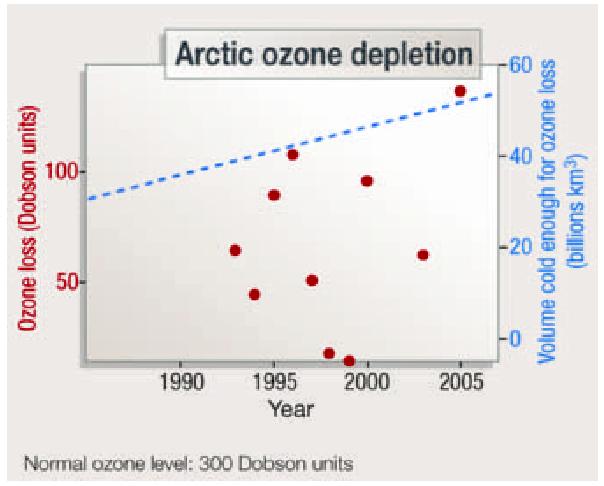In a paper in Geoscience Canada, Veizer (2005) states that ‘the multitude of empirical observations favours celestial phenomena as the most important driver of terrestrial climate on most time scales‘. This paper was cited by a contributor to a debate on the website openDemocracy . In short, the argument is that the cosmic ray flux (CRF, also denoted as ‘GCR’ – galactic cosmic rays – in some papers) is the most important factor affecting our climate. Since this issue is likely to crop up from time to time, it is worth taking a closer look at the Veizer (2005) paper ( Here is a link to short summary, but the actual paper requires subscription). [Update: The actual paper is now available as supplemental material on the Geoscience Canada website.] I will try to show that CRF explanation for the recent global warming is easy to rule out.
[Read more…] about A critique on Veizer’s Celestial Climate Driver



